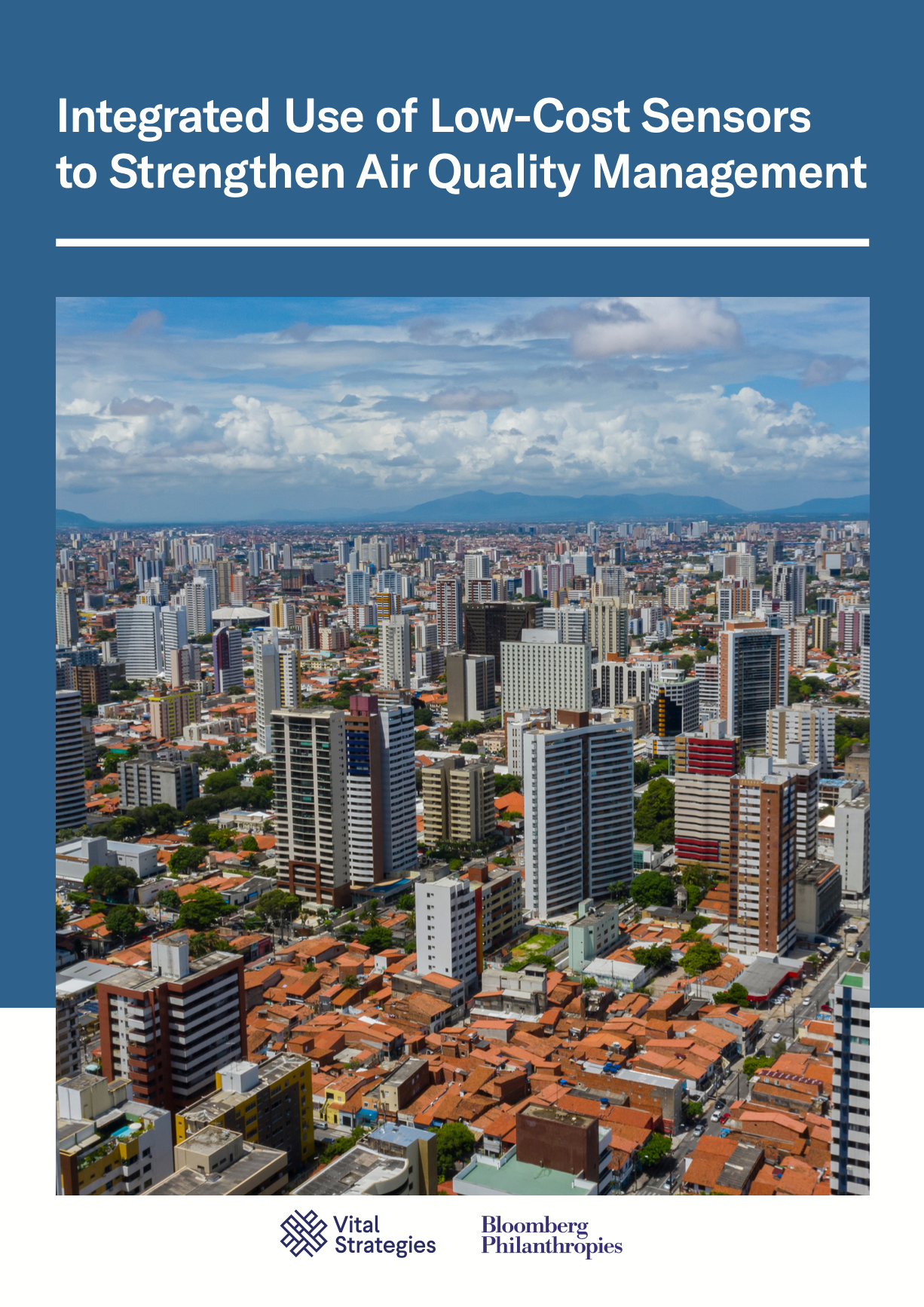Air pollution continues to be the deadliest global environmental health risk, causing nearly 5 million deaths each year, mainly from exposure to fine particles (PM2.5). The burden of air pollution is greatest and increasing in countries with rapid economic development and urbanisation, along with a proliferation of emissions from industry, electric power generation, and motorised transport.
For many city governments in many low- and middle-income countries, the complexity and cost of understanding and controlling air pollution have been barriers to initiating or sustaining effective clean air action. A new approach in air quality management that combines conventional solutions with innovations in monitoring, assessment, data use, and organization can accelerate clean air action, especially in cities with presently limited technical capacity.
Also available: Integrated Use of Low-Cost Sensors to Strengthen Air Quality Management in Indian Cities
Sign up to receive our monthly Research Roundup email, which offers a selection of new public health research from major journals.
Recent Abstracts
Effects of Heat on Early Childhood Development
Blood Lead Surveillance of Children and Pregnant Women in Tamil Nadu, India
Sportswashing through Media: Coca-Cola’s Olympic Play – A Research Report
What’s in Our Food?
Mais Dados Mais Saúde
More Data, Better Health – Primary Health Care
Mais Dados Mais Saúde: Experiência De Discriminação Cotidiana Pela População Brasileira
More Data, Better Health – Experience of everyday Discrimination by the Brazilian population
Monitoramento de Estratégias pelo Fim da Violência contra Crianças e Adolescentes
Harm Reduction: The Neglected Pillar of US Drug Policy
